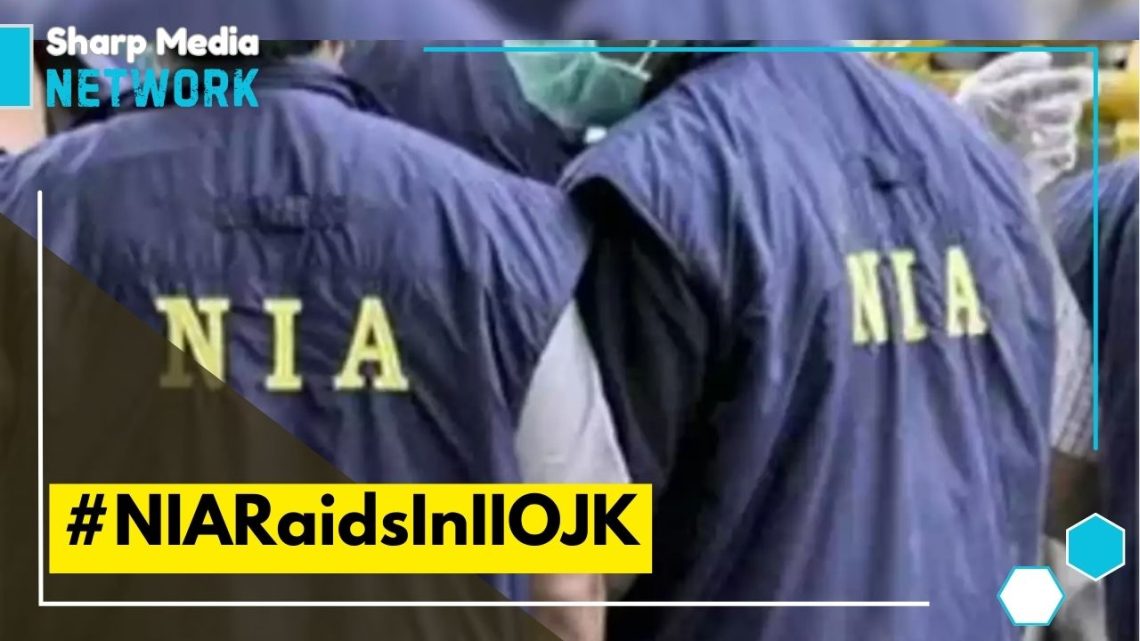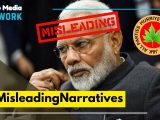
NIA Charges Three Kashmiri Youth for Alleged Involvement in Pro-Freedom Activities in IIOJK
April 16, 2025Tensions continue to rise in Indian Illegally Occupied Jammu and Kashmir (IIOJK) as India’s top anti-terror agency intensifies its crackdown on pro-freedom voices.
India’s National Investigation Agency (NIA) has filed a formal chargesheet against three young men from the Poonch district of Indian Illegally Occupied Jammu and Kashmir (IIOJK). The three individuals are accused of encouraging and participating in pro-freedom activities—actions the Indian government considers a threat to national security.
The accused—identified as Abdul Aziz, Munawar Hussain, and Nazir Hussain—have been charged under various provisions related to inciting unrest and promoting separatist ideologies. The chargesheet was submitted to a special NIA court in Jammu, which is currently overseeing the case.
According to the NIA, the trio played a key role in spreading messages that promote resistance against Indian rule in the region. The investigation revealed that Nazir Hussain, in particular, circulated audio clips and video messages among locals. These recordings, authorities claim, called on the people of Jammu and Kashmir to rise up against India, referencing the region’s long-standing disputed status.
The NIA further alleges that the accused were attempting to “motivate” local residents to support the Kashmir freedom movement. The case, which was originally registered in October 2024, is part of a broader strategy by the Indian government to suppress voices advocating for Kashmir’s independence or autonomy.
Security agencies claim that such activities are closely monitored due to their potential to destabilize peace and security in the already volatile region. Authorities argue that propaganda and incitement materials—such as those allegedly shared by Nazir—pose serious threats to law and order.
On the other hand, critics and human rights groups argue that many of these actions are expressions of political dissent, not terrorism. They say the NIA’s use of broad anti-terror laws often ends up criminalizing youth and suppressing any form of opposition in IIOJK.
The charges come at a time when the Indian government continues to maintain a tight grip over the region, especially after the abrogation of Article 370 in 2019, which removed Jammu and Kashmir’s special constitutional status. Since then, thousands have been detained, and freedom of expression has been significantly curtailed.
This case highlights the deep divide between pro-freedom sentiment in Kashmir and the Indian state’s approach to dealing with it through aggressive legal and security mechanisms.
As the legal proceedings move forward, the outcome will be closely watched both locally and internationally. The case adds another chapter to the ongoing conflict in Indian Illegally Occupied Jammu and Kashmir—a region caught in decades of political strife, military presence, and calls for self-determination.

